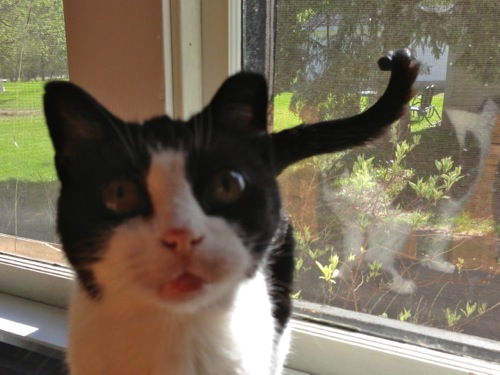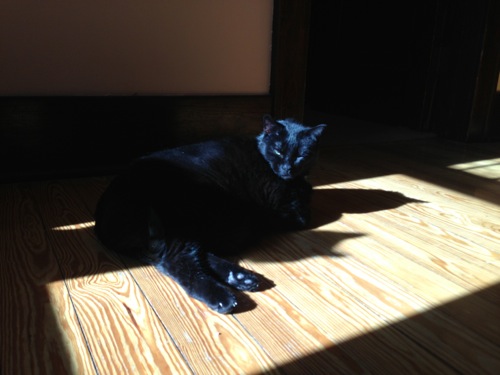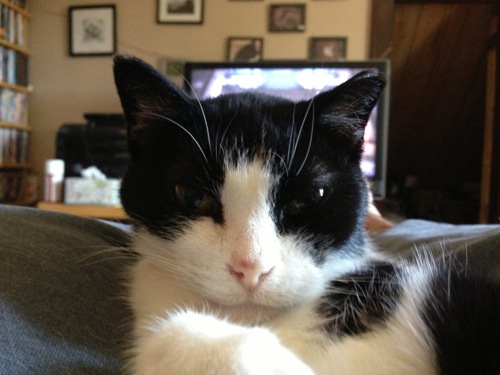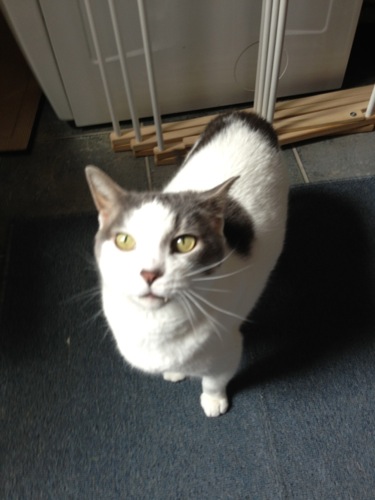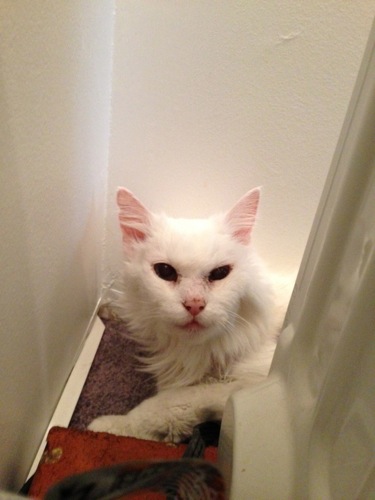Fellow Wyrdsmith Sean M Murphy mentioned this idea in the comments on my original what the author owes the reader post at Wyrdsmiths and it came up a lot at CONvergence 2007, so I thought I’d discuss it. When an experienced reader picks up a science fiction or fantasy story they do so with a number of implicit expectations which form a contract of sorts between the reader and the writer (this is also true for other genres, but the expectations have some variations, so I’m going to focus here on F&SF).
They expect that the story will be about something. They expect that there will be clues and foreshadowing that will point toward the ending. They expect that the author won’t introduce things into the denouement that were not introduced or implied somewhere earlier in the story. They expect things to conform to the general rules and tropes of the genre or for deviations to be explained at some point.
For example, readers expect science fiction to follow the general rules of science. The technology should be of a generally consistent level. Deviations from that norm should be explained either at the time of the introduction of the deviation, or at least noted as being a deviation, with the expectation that the reason will be explained later. If the author wants to write an SF story with magical elements, then the magic had better be shown to exist very very early in the story and there will have to be a scientific explanation (even if it’s just handwaving) somewhere in the story. Likewise, if you’re writing fantasy with elements of sf you want to let the reader know about it early on or at least hint at it.
Another important aspect of the implicit contract has to do with a term I’ve borrowed from science education, the problem statement. Somewhere early in the story, ideally in the first couple of pages, the author has to define the problem that is going to be solved or addressed over the course of the story. The problem can be, the One Ring is a powerful magical device and we will have to learn what it is and what to do with it. It can be Miles Vorkosigan has washed out of military school, what is he going to do with the rest of his life? It can be Corwin of Amber realizing he doesn’t know who or what he is. The answer doesn’t have be resolved as the character expects or wants it to be, in fact in general it shouldn’t be as they expect, though it should be logical and follow naturally from the flow fo the story. But the reader needs to have some idea what to watch and watch for, or they will become increasingly unhappy over the course of the story, and downright irate if the rug is suddenly jerked out from under them somewhere along the line.
Now, it’s possible to do every one of the things I’ve said you shouldn’t, but it has to be done consciously and extremely well or the book is likely to end up traveling in a ballistic arc and lose you a reader, certainly for that story and possibly forever.
(Originally published on the Wyrdsmiths blog July 12 2007, and original comments may be found there. Reposted and reedited as part of the reblogging project)




